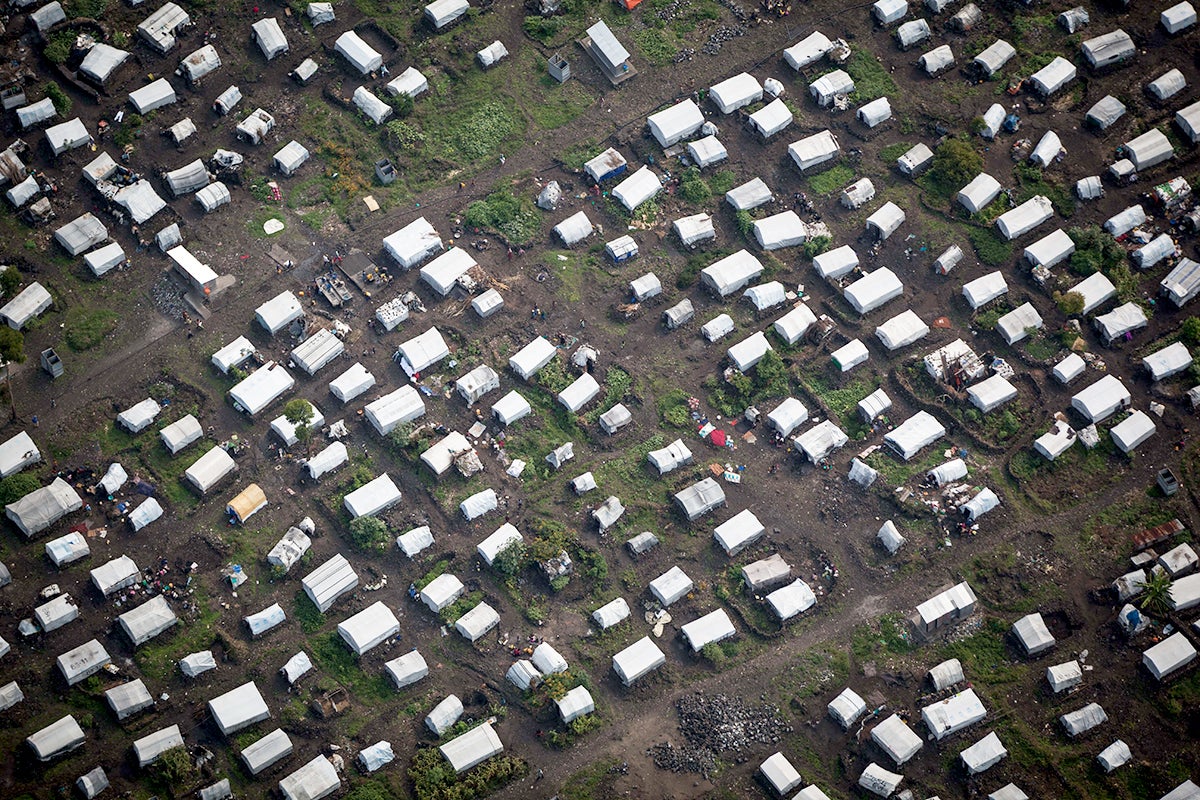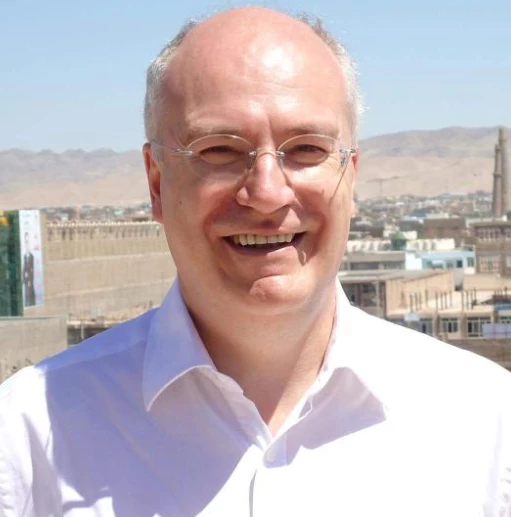
As efforts continue to improve the global response to forced displacement, the World Bank Group and UNHCR are setting up a new joint data center that will better support refugees, internally displaced persons, stateless people, returnees, asylum-seekers, and host communities. The two organizations recently agreed to establish the center in Copenhagen based on recommendations from an independent selection panel, backed by a generous contribution from the government of Denmark.
Why a new data center? With all the data that is available today, you may wonder why anyone would need more data. What kind of data are we talking about here, and wouldn’t this overlap with what other organizations are doing already?
In fact, a central challenge for the new data center is to improve the collection, analysis and dissemination of anonymized micro data – that is, household level socio-economic data including income, consumption, skills, health status, and economic activity. It will not include sensitive individual protection-related data. Micro data is in great demand but currently lacking in coverage and comprehensiveness; refugees and other affected people, including local communities, have not been included in traditional household surveys since access is often challenging and even risky at times. We don’t know very much about the poverty status of refugees, for example, and hitherto research has remained limited.
The center will focus on filling this gap, geared towards supporting an effective response under the proposed Global Compact on Refugees. With better micro data, we will be able to conduct poverty assessments, skills or labor market analyses, or studies that follow people over time, which is critical for sound decision making, addressing socio-economic vulnerabilities and using scarce resources more efficiently.
Over the years, the WBG and UNHCR have been stepping up collaboration on data, gaining experience through a series of analytical studies in the Horn of Africa, the Middle East and the Lake Chad Basin. For example, a joint study, “The Welfare of Syrian Refugees: Evidence from Jordan and Lebanon” measured the poverty and wellbeing of refugees for the first time, helping to improve targeting.
The two organizations are currently cooperating on enhancing the analysis of data generated by UNHCR’s global registration system, to manage WBG household surveys on forcibly displaced populations, and to prepare for setting up a data library on displaced populations devoted to the acquisition, documentation, cataloging, dissemination and preservation of relevant datasets.
The new center is a natural extension of this work, aiming to complement existing efforts and actively seeking partnerships and cooperation to achieve four key objectives:
- Ensure population and socio-economic data are systematically collected and analyzed
- Facilitate open access to forced displacement data
- Promote innovation to enhance forced displacement data
- Strengthen the sustainability of a global data collection system, building on the expert work initiated under the UN Statistical Commission and strengthening country-level institutional systems where necessary



Join the Conversation